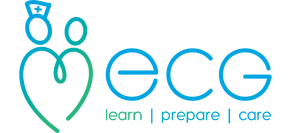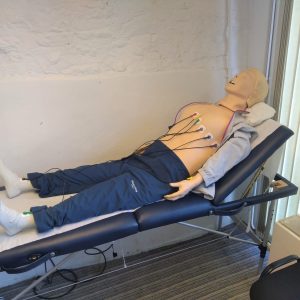Understanding Neurodivergence in Healthcare
Free!
This course explores how healthcare professionals can better support neurodivergent individuals by creating inclusive and compassionate environments. It highlights barriers such as inaccessible communication and sensory-unfriendly settings that limit access, ultimately contributing to health inequalities. Learners will examine neurodiversity, including Autism, ADHD, and Dyslexia, recognising these as natural variations rather than deficits. The course provides practical strategies to improve clinical care, from communication adaptations to trauma-informed approaches, with a focus on reducing health disparities. By completing this program, participants will gain the knowledge and skills to deliver equitable, person-centred healthcare that values neurodivergent individuals.
Learning Objectives
By the end of this course, participants will be able to:
- Define neurodivergence and describe its scope within healthcare contexts.
- Recognise barriers that limit access and engagement for neurodivergent patients, particularly in relation to health inequalities.
- Apply communication strategies and clinical assessment adaptations that support diverse needs while addressing health disparities.
- Identify sensory factors that affect healthcare experiences and adjust practice accordingly to mitigate health inequalities.
- Implement reasonable adjustments to create inclusive and equitable care pathways that consider the impact of health inequalities.
- Integrate trauma-informed approaches to build trust and reduce anxiety, particularly for those affected by health disparities.
- Use micro learning and reflective practice to embed sustained behavioural and cultural change in healthcare teams, focusing on reducing health inequalities.

